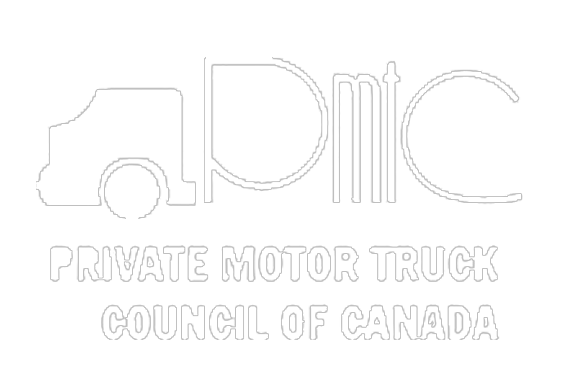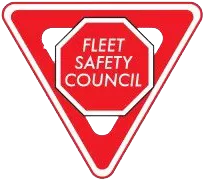Symptoms and Prevention for trucker’s burnout.
With over 320,000 truck drivers in Canada burnout is certain for some. However, what exactly is burn out and can it be treated? Burnout is a form of exhaustion occurring when we are overwhelmed and unable to maintain adequate life balance. It can happen to anyone who experiences prolonged emotional, physical, or mental stress.
Now new research is showing 35 per cent of all working Canadians are feeling burned out. A comprehensive research study – commissioned by Workplace Strategies for Mental Health, compliments of Canada Life, and conducted by Mental Health Research Canada in December 2021 – measured a wide range of factors relating to how employees are feeling at work. Those factors included everything from engagement and recognition to workload and safety. “The number of Canadians reporting burnout is cause for concern,” said Mary Ann Baynton, Director of Collaboration and Strategy, Workplace Strategies for Mental Health. “It’s not surprising though – considering we’re once again faced with extreme uncertainty as the pandemic rollercoaster continues. For so many of us, anxiety and exhaustion are at an all-time high. But for an industry suffering from employment stresses, truck drivers need to be aware of the signs and how to treat it.
Many components contribute to a truck driver burn-out:
- unsettled or long work hours
- excessive time away from home
- constant heavy traffic
- lack of exercise
- poor quality food
- pressure to make the most money while on the road
- Pressure from carriers and the front office
Here are recognizable signs of driver burnout…
- Truck industry avoidance
- Irritability, less tolerance to other drivers while on the road
- insomnia or sleep apnea, both of which can lead to accidents.
- Confrontational
- Inconsistent performance
- Feelings of energy depletion or exhaustion.
- Increased mental distance from your job
- feelings of negativism or cynicism related to your job.
- Reduced professional efficacy.
Physical symptoms of burnout…
- Headaches
- Stomach aches/intestinal issues
- Fatigue
- Frequent illness
- Changes in appetite/sleep
Emotional symptoms of burnout…
- Helplessness
- Cynicism
- Sense of failure or self-doubt
- Decreased satisfaction
- Feeling detached or alone in the world
- Loss of motivation.
- Behavioural changes
- Reduced performance in everyday tasks
- Withdrawal or isolation
- Procrastination
- Outbursts
- Using substances to cope
Prevention
Recognize the burnout.
This is easier said than done …ask yourself questions like: ‘Am I feeling so drained that I’m unable to find enjoyment or purpose at work? Am I having more bad days than good ones?’ If the answer to either of these questions are, ‘Yes,’ it can be a sign that you are heading towards burnout.
Here are a few approaches to prevent or treat burnout…
Establish daily routines.
It sounds simple, but prioritizing personal routines like adequate sleep hygiene, exercise, consistent meals, and developing an identity outside of work can make a huge difference. This will give you a good baseline for knowing when things are going smoothly versus when burnout may try to creep its way back in to your life. Burnout is easier to resolve when you are proactive versus reactive. At the first sign of stress, try to refrain from pushing through or rationalizing poor coping behaviors.
Reach out for support.
Better yet always keep a consistent level of support in place. Consistently have open and honest discussions about your stress, followed by action steps toward change are highly effective ways to keep your head above water.
Manage your workload.
If you feel overcommitted, have a conversation with your boss, colleagues, or family about where you’re at, and know that you can’t perform at a quality level in a burned-out state. Do your best to narrow down your workload so you can maintain better balance and therefore, better health.
Find what brings you joy.
Life really is about the little things that ground you in the present such as home diy, fishing, hiking, or a new hobby you’ve yet to find. Investing time in these practices will nurture your mental health and act as a welcome distraction from life’s more stressful moments.
Seek professional help.
If none of the go-to relief strategies are helping and burnout is edging into depression, you may want to find a therapist. A mental health professional can provide you with a tool kit to help manage symptoms of burnout, such as mindfulness-based stress reduction (i.e. breathing exercises or meditation) or cognitive-behavioral therapy.
Small Breaks and Vacations
A contributor to burnout is excessive work. Over a year vacations are very important for a person’s mental health and general wellbeing. Some employers require their employees to take a certain number of vacation days per year because there are overwhelming benefits. Short term – Make sure that you’re taking small breaks throughout the day. It might feel good to get ahead of schedule, but at what cost? A ten-minute break to stretch and relax here and there goes a long way. Pull off, do some stretching, get a coffee, clear your head, and get back to it.
Regaining balance in your life
Now is the time to pause and change direction by learning how you can help yourself overcome burnout. If you recognize some of these warning signs starting to creep into your life or may already be present, finding ways to regain a sense of well-being again.
Where can I get further help?
Speaking to your local GP or mental health service is a good start.
There are also online support services available where you can speak with a trained professional 24 hours a day by telephone and via online chat.
HEALTH811- Health advice made easy
Connect with a registered nurse day or night for free, secure and confidential health advice.
Call 811 (TTY: 1-866-797-0007)



















